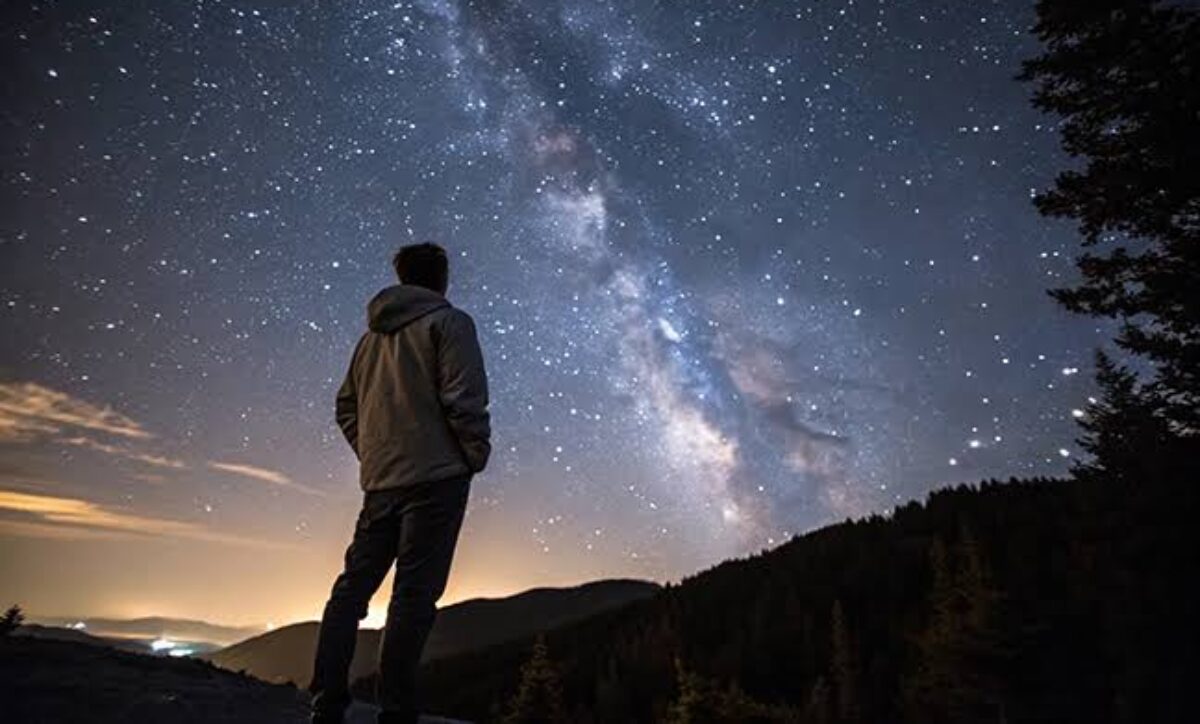Core Insights from the Book
Autopoiesis: Self-Creation as the Essence of Life
- The authors define autopoiesis as the process by which living systems maintain and regenerate themselves.
- A system is autopoietic if it continuously produces the components that sustain its structure, recursively generating and preserving its own existence.
Cognition as an Emergent Recursive Process
- They argue that cognition is not separate from life but an intrinsic feature of self-maintaining systems.
- Organisms do not “represent” an external world—instead, they recursively construct reality through interaction and internal self-modification.
Structural Coupling and Recursive Adaptation
- Living systems interact with their environment in a recursive way, continuously modifying themselves in response to external conditions.
- This structural coupling enables self-reference, where an organism learns and evolves by recursively updating its own knowledge system.
Reality as a Self-Referential System
- The book argues that “knowing” is an intrinsic process of being, meaning that self-reference is not just a cognitive function but a fundamental principle of existence.
- There is no external “knower”—instead, cognition emerges within the recursive process of self-generation.
Similarities to Our Framework
Reality as a Self-Knowing System
- Both models propose that self-reference and recursion are fundamental to existence.
- Just as Maturana & Varela describe autopoietic systems maintaining themselves recursively, our model suggests that reality itself recursively self-knows into existence.
Collapse of Observer/Observed Duality
- Maturana & Varela reject the idea that the world exists independently of perception—instead, knowing and being are inseparable.
- This aligns with our framework, where the knower and the known collapse into self-referential recursion.
Feedback Loops and Evolutionary Refinement
- Both models emphasise feedback loops as the mechanism for continuous adaptation and refinement.
- In autopoiesis, biological systems refine themselves recursively—this mirrors how, in our model, reality recursively refines its own knowledge structure.
Differences Between Autopoiesis and Our Model
Life vs. Universal Self-Knowing
- Maturana & Varela: Limit autopoiesis to living systems, describing how biological cognition recursively constructs experience.
- Our Model: Generalises recursion beyond biology, arguing that self-knowing is a universal principle, not just a feature of life.
Distinction-Making vs. Self-Regeneration
- Maturana & Varela: Describe self-generation as the core function of life, where an organism maintains itself recursively.
- Our Model: Describes recursive distinction-making as the process that generates complexity and structure at all levels of reality.
Epistemology and Information Processing
- Maturana & Varela: Describe knowledge as a process of interaction, where meaning emerges from recursive self-organization.
- Our Model: Extends recursion to fundamental information processing, suggesting that recursive self-knowing underlies all epistemological frameworks.
Unique Aspects of Our Model
Recursive Self-Knowing Beyond Life & Cognition
- While autopoiesis is focused on living systems, our model proposes recursive self-knowing as the generative mechanism for all existence.
Distinctions as the Foundational Building Blocks of Reality
- Our framework suggests that distinction-making itself generates structure, while autopoiesis emphasises internal self-maintenance.
Reality as a Self-Knowing Entity
- Autopoiesis focuses on organisms interacting with their environment, whereas our model treats all reality as an interconnected self-knowing system.
Conclusion
- Maturana & Varela’s work aligns with our model in seeing self-reference and recursion as fundamental, particularly in how living systems sustain and modify themselves recursively.
- The main difference is that autopoiesis is biological, while our model generalises recursion as a principle of all reality.
- Our framework extends beyond living systems, proposing recursive distinction-making as the mechanism through which all complexity arises.
